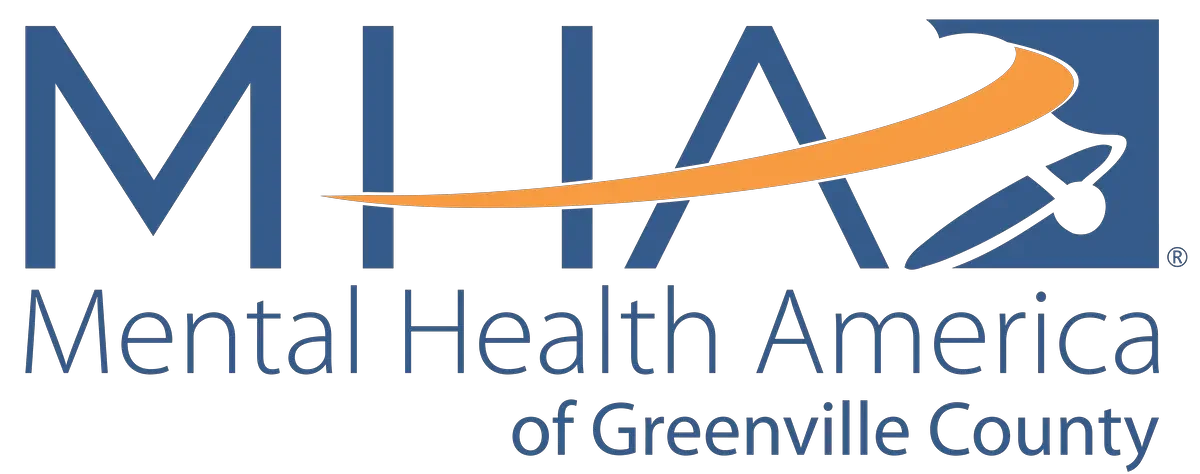In June 1969, the Stonewall Inn, a gay bar in Greenwich Village, New York, was raided by police. This raid sparked a series of violent demonstrations led by activists Sylvia Rivera and Stormé DeLarverie. In response, the gay community fought back against government persecution. A year later, community organizer Fred Sargeant noted that the first Pride marches were organized to commemorate the Stonewall Riots and to advocate for awareness and acceptance. These early marches were more akin to protests, aimed at reminding the public that the LGBTQ community consists of friends, family members, and loved ones.
From these initial marches emerged the first LGBTQ organizations, which helped the Pride movement gain momentum and spread across the country. Pride Month is celebrated in June to honor those early activists and the riots that ignited the movement. In 1999, President Bill Clinton officially recognized Gay and Lesbian Pride Month. President Barack Obama expanded this recognition in 2011 to include the entire LGBTQ community, and today, Pride Month celebrates the full spectrum of LGBTQIA+ individuals. The month is typically marked with parades, parties, and community events that celebrate the community’s achievements and progress in acceptance, though much work remains.
Currently, 4.5% of the U.S. population identifies as lesbian, gay, or bisexual, and over 39% of these individuals report having a mental illness. Despite health disparities linked to stigma, discrimination, and denial of rights, LGBTQ individuals use mental health services at 2.5 times the rate of their heterosexual counterparts. However, accessing these services can be challenging. Nearly 8% of LGBTQ+ individuals and 27% of transgender individuals have experienced denial of health care. Additionally, finding medical professionals knowledgeable about LGBTQ+ issues can be difficult.
In mental health care specifically, stigma, lack of cultural sensitivity, and reluctance to address sexuality can hinder the effectiveness of care. It’s important to seek LGBTQ-friendly therapists. The internet can be a valuable resource, but when searching for a therapist, conduct thorough research into their specialties and online profiles to ensure a good fit. Look for support groups in your area for specific communities, where you may find both support and a sense of belonging. If you’re not comfortable with in-person meetings, consider telehealth options until you feel ready to attend in person.
Here are some great resources to help you get started in finding a great mental health specialist:
The Human Rights Campaign’s Healthcare Equality Index Map: https://www.hrc.org/resources/map-hei
LGBTQ+ Healthcare Directory: https://lgbtqhealthcaredirectory.org/
Mental Health Match: https://mentalhealthmatch.com/
Psychology Today: https://www.psychologytoday.com/us/therapists


